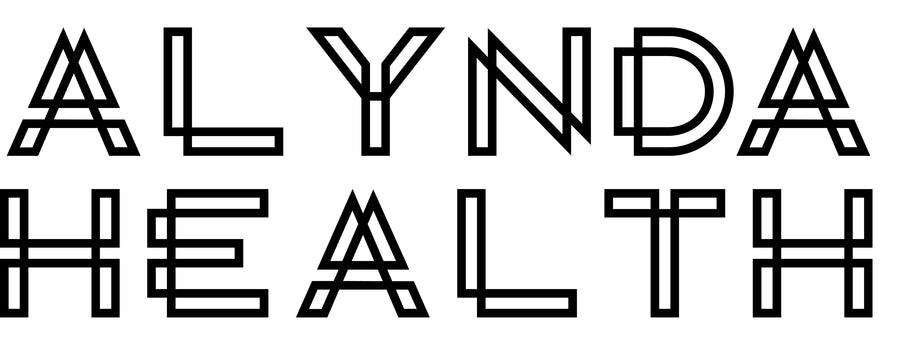
What is IDD? (Intellectual or Developmental Disability)
What is IDD (Intellectual & Developmental Disability)?
Intellectual and/or Developmental Disability (IDD) is a disability acquired before the age of 18 and is characterized by significant limitations in both intellectual functioning and adaptive behavior as expressed in conceptual, social, and practical adaptive skills.
IDD encompasses many formal diagnoses including autism spectrum disorders, mental retardation, Fragile-X syndrome, cerebral palsy, Down syndrome, Prader-Willi syndrome, fetal alcohol syndrome, Klinefelter’s syndrome, and Williams syndrome.
Down syndrome, fragile X syndrome, and fetal alcohol syndrome are responsible for one-third of all intellectual disabilities seen in the general population (Batshaw, 2007).
According to the World Health Organization, over a billion people, about 15% of the world’s population, have some form of disability with between 110 million (2.2%) to 190 million (3.8%) of people 15 years and older having significant difficulties in functioning (WHO Media Centre – Disability and Health, 2015; American Association on Intellectual and Developmental Disability; American Psychiatric Association ).
Article 25 of the UN Convention on the Rights of Persons with Disabilities reinforces the right of persons with disabilities to attain the highest standard of health care, without discrimination.
People with disabilities report seeking more health care than people without disabilities and have greater unmet needs.
Health promotion and prevention activities seldom target people with disabilities.
References
Batshaw, M., B. Shapiro, and M. Farber. "Developmental delay and intellectually disabilities." Children with disabilities 6 (2007): 245-262.

hvRwnOJEumfXxQY
HrmWbndKQ
vaeUAqGHnXT
bqLDVIOhdnrBETH